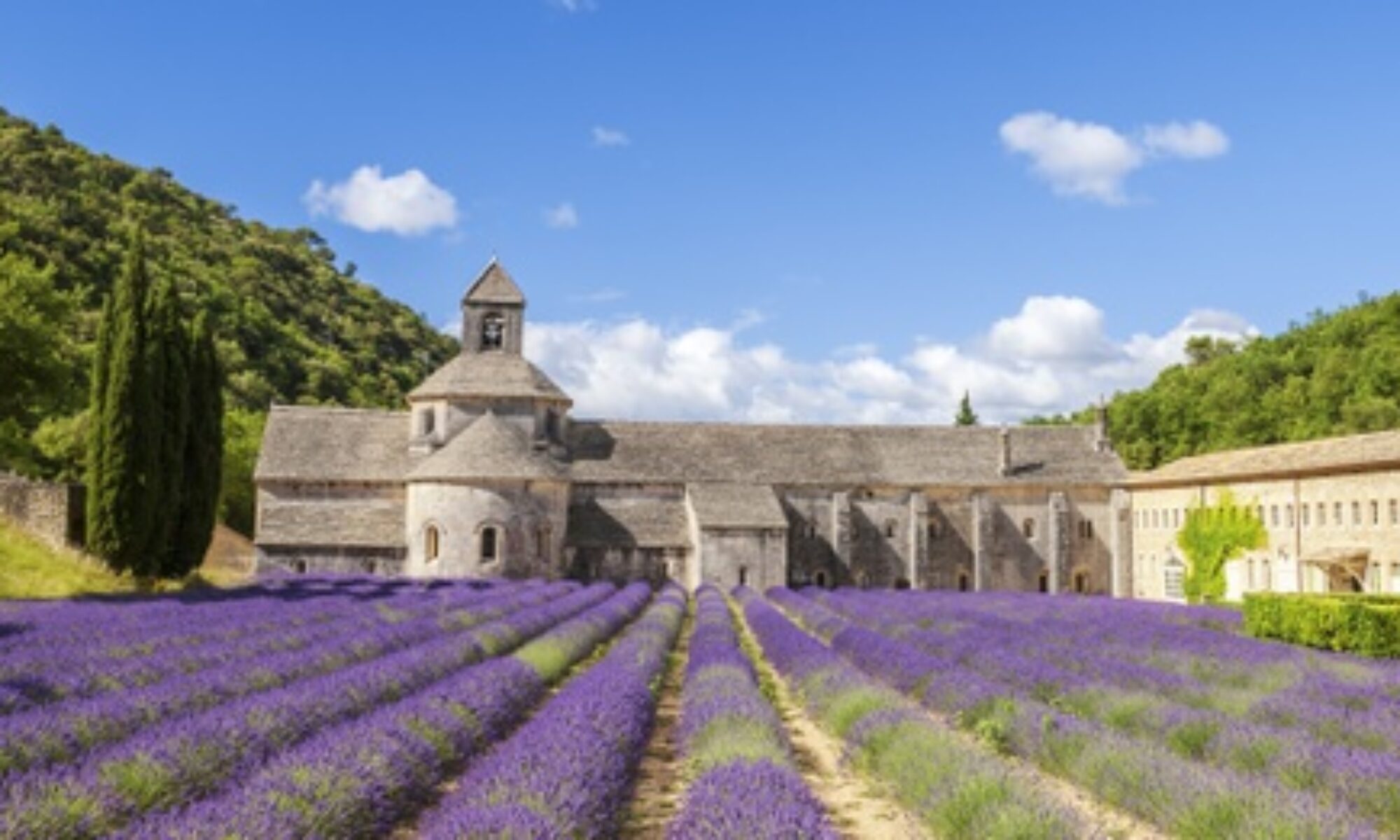Perhaps the fiercest religious debate of the Middle Ages was whether Christianity should be nurtured by the populace or controlled by the governing powers. In ancient Rome, the government had a monopoly on religious practices. They sifted out those religions deemed too dangerous or divisive for societal cohesion and embraced those which enhanced the senate’s, and later, the emperor’s power. When Christian thought collided with the empire, these considerations were taken into account.
Christianity thrived in the first centuries after Christ’s ministry because Christians adamantly opposed being absorbed by the worldly system. Their kingdom was not of this world. The Church maintained her peculiarity at a time when other religions melted into a hodgepodge of confusion. During plagues, wars, and earthquakes, Christians reached out to their fellow men and showed them God’s love in a very tangible way.
Along came Constantine, who saw in Christianity a valuable tool to manipulate for his political benefit. Luring a majority of Christians into the public arena, he successfully united church and state into a beast that he could control. For the next thousand years or more, the European states maintained control of the populace by controlling the thoughts and beliefs of their citizens. Cultural cohesion was considered paramount to independent thought. The nobility and upper classes used this religious manipulation to keep the peasants under their control, but free-thinkers persisted in an underground movement that sought to return Christianity to its unfettered roots.
Christianity was synthesized into a system inseparable from culture and society, and thereby the Roman church lost the vision of the kingdom of God. Instead of maintaining a strict separation based on the free exercise of conscience and will, Papal forces exerted constant pressure on the people of Europe to conform for the sake of societal unity. Believers were now fully committed and integrated into this monolithic system.
In Hills of Zion, the Roman Catholic church actively engages those who feel that their freedom of conscience is paramount to civil freedom. The Waldensians, Albigensians, and others readily offered their lives to torment and death to preserve that freedom of conscience. Cardinal Michaud finds difficulty in understanding Jean’s resistance to integration. Beulan’s personal interpretation of Scripture causes him to be ostracized by his colleagues at the monastery. Marie’s parents are murdered for accepting a baptism not acknowledged by the authorities.
In his book The First Amendment and the Remnant, Leonard Verduin clearly delineates this titanic struggle between those who supported a plural society, free from the fetters of religious dogma, and those who sought to merge truth with politics, thereby diluting true faith in favor of absolute control. Mode d’integration is discussed at length, and Verduin deftly explains how these “heretical” groups were early supporters of religious freedom.
We have heretics to thank for giving us the right to worship freely and live in a free society. They were tortured, harassed, belittled, and burned at the stake or drowned for our present freedoms- and they accomplished this amazing work without violence. Today, Christians face the same threat from potent humanism, but the remedy remains the same. Are we willing to follow the way of the cross that Jesus taught?
The early Christians overcame by being themselves, simply practicing the gospel that they preached and refusing to get sucked into politics. When the Church finally succumbed to this pressure in the Fourth century, she lost her identity and merged with the worldly system. What will our generation do?

